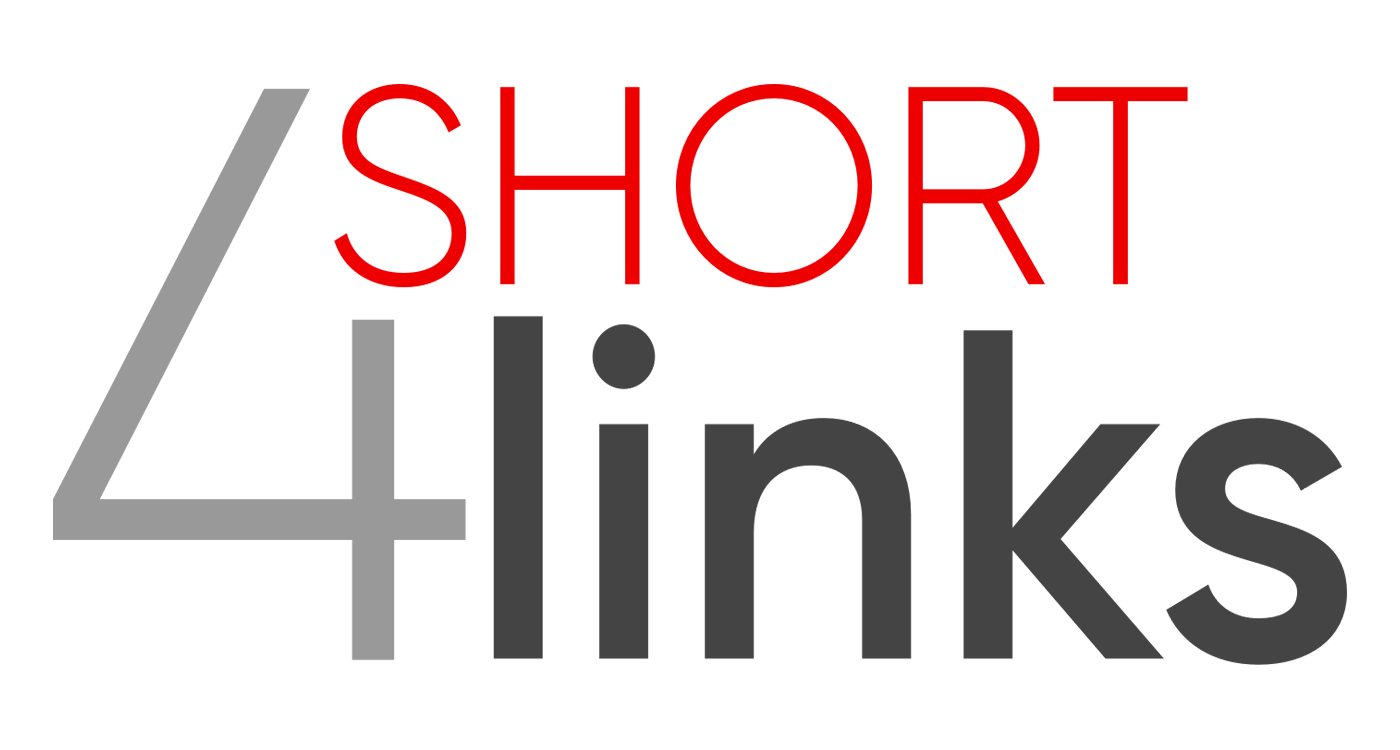Four short links: 30 July 2020
IDE in Datalog, Web Spreadsheet, ML Transparency, and Formal Systems

- Turning the IDE Inside Out with Datalog — tl;dr: I made a prototype IDE in which language semantics are specified in datalog, powered by a datalog interpreter written in TypeScript, running the browser. Demo here.
- Luckysheet — Open source web spreadsheet.
- Introducing the Model Card Toolkit for Easier Model Transparency Reporting — Model Cards […] provide a structured framework for reporting on ML model provenance, usage, and ethics-informed evaluation and give a detailed overview of a model’s suggested uses and limitations. […] To streamline the creation of Model Cards for all ML practitioners, we are sharing the Model Card Toolkit (MCT), a collection of tools that support developers in compiling the information that goes into a Model Card and that aid in the creation of interfaces that will be useful for different audiences.
- Dafny — Dafny is a language that is designed to make it easy to write correct code. This means correct in the sense of not having any runtime errors, but also correct in actually doing what the programmer intended it to do. To accomplish this, Dafny relies on high-level annotations to reason about and prove correctness of code. The effect of a piece of code can be given abstractly, using a natural, high-level expression of the desired behavior, which is easier and less error prone to write. Dafny then generates a proof that the code matches the annotations (assuming they are correct, of course!). Dafny lifts the burden of writing bug-free code into that of writing bug-free annotations. This is often easier than writing the code, because annotations are shorter and more direct.
